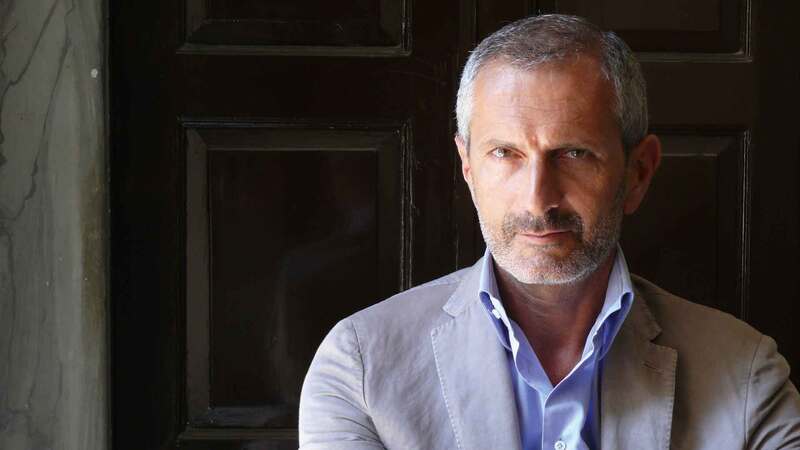You are viewing your 1 free article this month. Login to read more articles.
The hidden music of Tbilisi
I first went to Georgia, the Black Sea-bordered country once occupied by Soviet Russia, in the early 1990s.
By now, the Soviet Union had collapsed and the capital city of Tbilisi was without amenities. In dilapidated entrance halls kids scratched the names of Western rock bands, written in English rather than Georgian script.
During the Soviet era, Russian was the official language, but Georgians continued to use their own language in parallel. This practice of enfolding the alien into their culture has enabled Georgian customs and arts to survive and be enriched by repeated invasions.
Russian Revolution
In the 19th century, cultural dialogue ran between Tbilisi, Paris, Berlin and later New York, reaching a climax during the modernist era of the early 20th century. In the early years of the Revolution, creative experiment flourished between Moscow and Tbilisi, only to be terminated by State-controlled cultural ideology.
Anyone who listened to the UK pirate radio of the 1960s, or followed the trail of unofficial rave parties in the 1980s, will know that feeling of belonging to a tribe of outsiders with a counter-authority attitude. So it was in Soviet Georgia when young comrades gathered around their transistors to listen to Radio Free Europe or The Voice of America, broadcasting popular music from the West. These radio stations were banned, as were foreign albums, with some exceptions such as The Beatles, who were seen by the authorities as working class and therefore permissible.
Not everyone hated the Soviet system and many Georgian artists, film makers, writers and musicians produced finely crafted, deeply felt works following the party line. But there were also those who worked in private, searching out American and European trends. These were often accessed in East Berlin, where sympathetic West Berliners smuggled in illegal arts journals, cassettes and albums.
Original Pirate Material
There must have been a special aura around this smuggled material, one which perhaps lent more authority to some of the contents than they may have deserved. As an author must bend her inner ear to hidden or unexpected lines of thought in order to develop the nascent voices of her fictional characters, so too did this secretive audience develop a kind of fictional version of Western culture.
With the end of the Soviet Empire those artists who had been sustained by the State were left with a style out of synch with contemporary modes of the West. Those who had worked in secret, using the language of Western culture, found themselves as temporary curios to a stream of visiting critics and curators from the West, who unintentionally raised hopes of fame and fortune.
The Banner of the Passing Clouds
Tbilisi is now a European city with a cafѐ-culture lifestyle. Foreign architect-commissioned civic buildings of glass and steel shimmer alongside the muted natural palette of the old quarters. Digital networking informs a burgeoning middle class and a post-Soviet generation with worldwide interests and ambitions. Georgia is marked with a respect for culture both traditional and new, and while global influences have their impact there always seems to be some special sort of Georgian quality to what they produce – a poetic unselfconsciousness, an almost timeless sense of art without irony.
When I eventually found Iosif, my protagonist of The Banner of the Passing Clouds, he led me back to the Soviet era which I had not expected to write about. Whether you were a committed Communist or a dissident, it was the banal and intimate everyday life which carried you along while the great machine of State rolled out its decrees. I believe that fiction should take you where you ought not go. You have to put your trust in half truths and outright lies, you have to become that untrustworthy handler of fact, you have to go more than a bit insane. It is a tyrannical regime which you both love and loathe.
This is what Iosif discovers. This is what The Banner of the Passing Clouds is about.
The Banner of the Passing Clouds by Anthea Nicholson is published by Granta.















